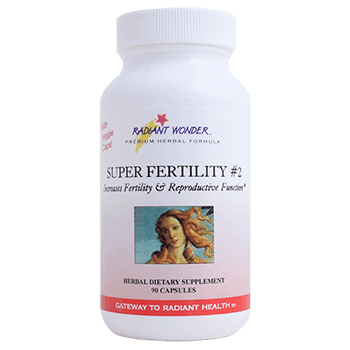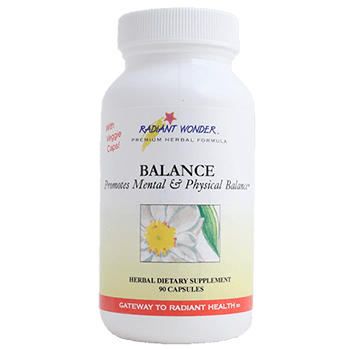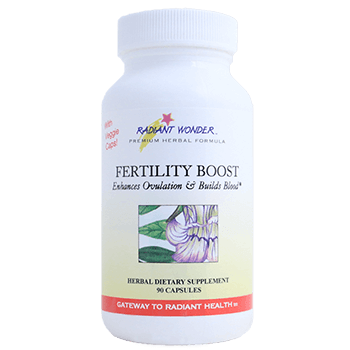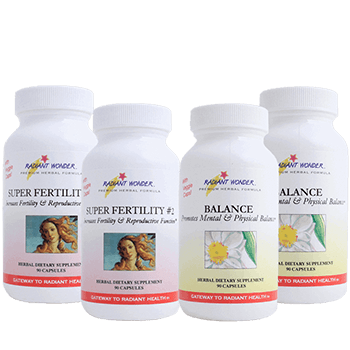Why are we being told we are too old?
Doctors are telling us women at younger and younger ages that we are too old to have children.
This is interesting, considering over 450,000 babies were born to women 35-39 and almost 95,000 were born to women over 40 years of age.
Fertility Clinics vs the General Population
These are statistics from the general population. These are not the statistics generated within the fertility clinics. The assisted techniques may produce a baby, but leave an unsuccessful woman less fertile. So the fertile potential they are measuring would likely be less.
There are other statistics to support the fact that women in their late thirties, as well as in throughout their forties can be very fertile.
We are not recommending abortion, but there are numbers here that make it very clear that women are fertile for many years. I think most of us would guess that the age which has the highest frequency for abortion would be between 19-25. That is correct. The second highest number is women in their forties. (National Center for Health and Statistics).
This attitude is driving us forward in fear
The idea that women above the age of 35 are “too old” is undermining the confidence of millions of women concerning their fertility. It also places tremendous fear and pressure on these women to do multiple cycles of fertility procedures without taking time to renew themselves between cycles.
Cutting Edge Research from Harvard – creating more eggs?
For generations, scientists have believed that every female mammal is born with all the eggs she will ever have. This is the basis for the argument that “old eggs” cause the decline in fertility as women age. We would suggest it that the health of the ovaries, which can be improved, may make it seem that there are less good follicles being recruited.
A recent study at Harvard Medical School and Massachusetts General Hospital discovered that female mice have germ-line stem cells in their ovaries that can make new eggs throughout the female’s fertile life.
This would parallel the function of germ-line stem cells in males, which make new sperm throughout the male’s fertile life.
Though more study is needed, this is a very hopeful breakthrough for women struggling to conceive.
The one thing we do know for sure
One thing we do know is that you can improve the quality of your eggs. And you only need one great egg and one great sperm to find success. can improve the quality of your eggs. And you only need one great egg and one great sperm to find success.







